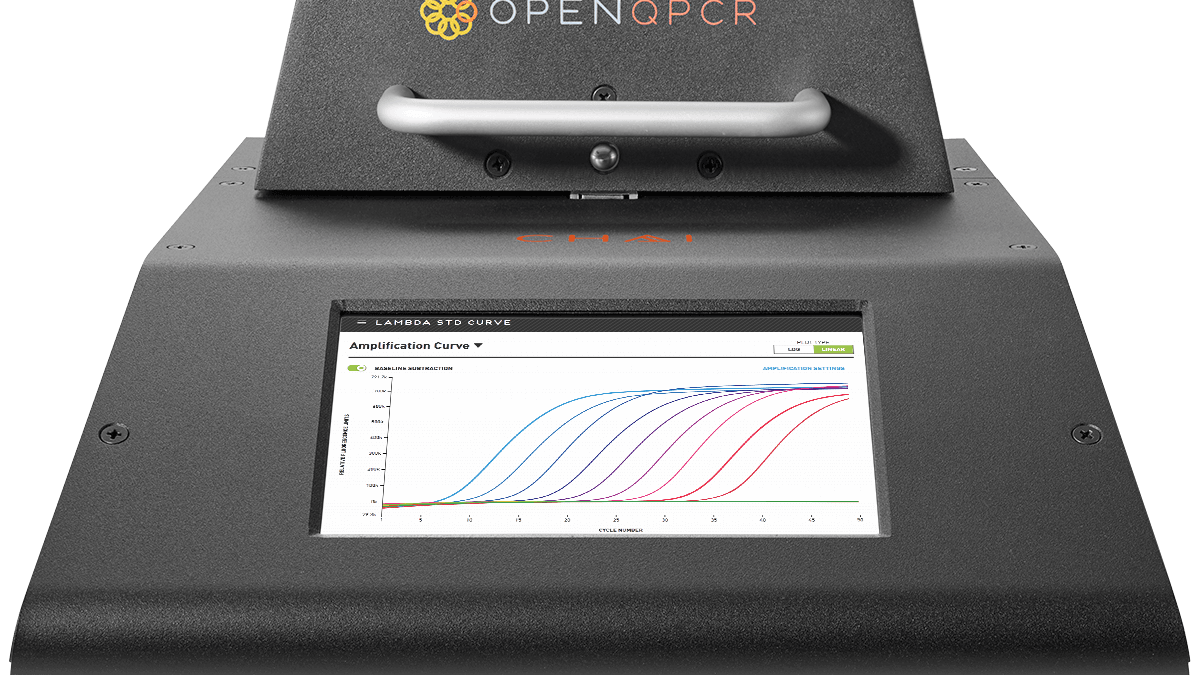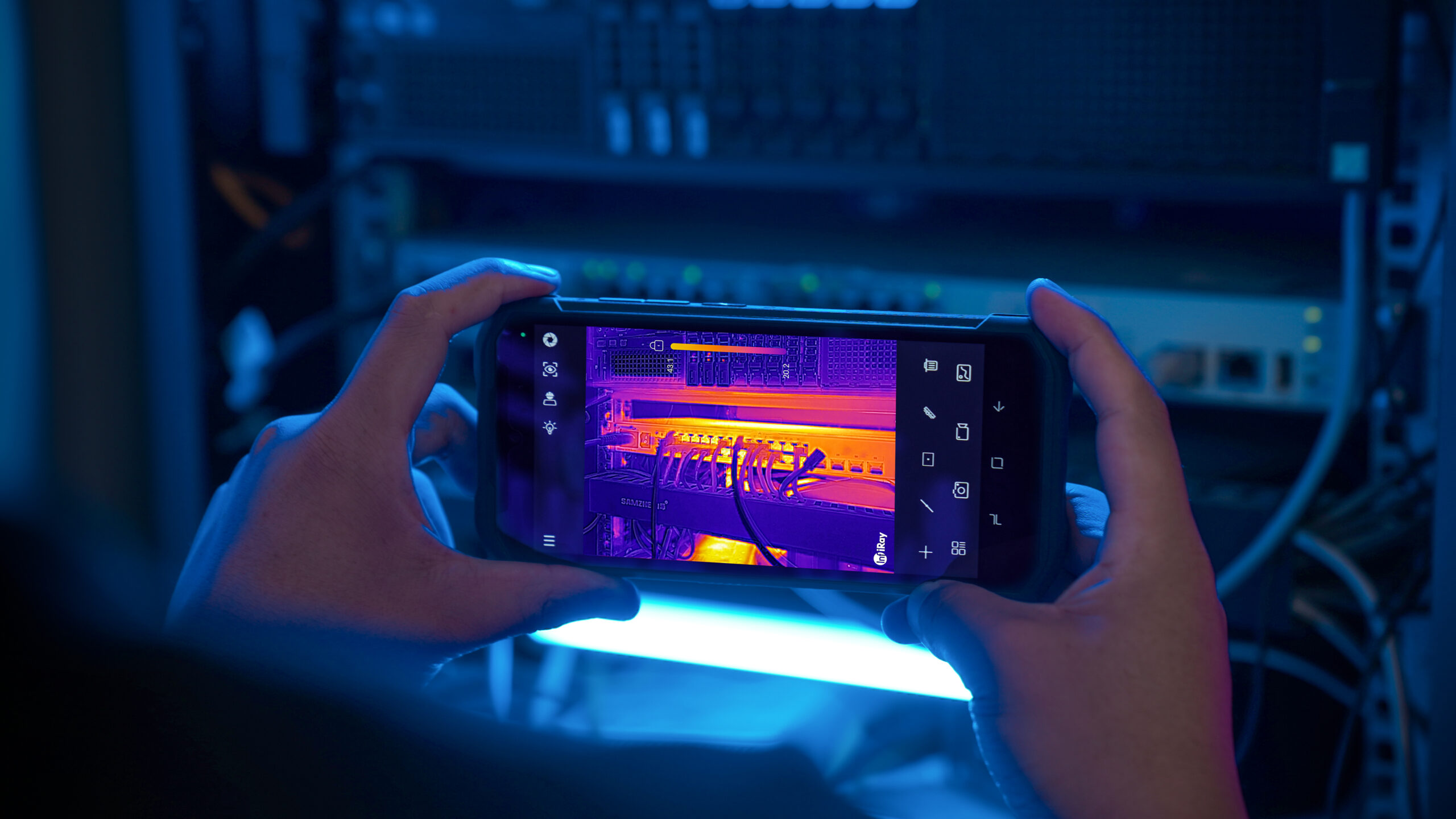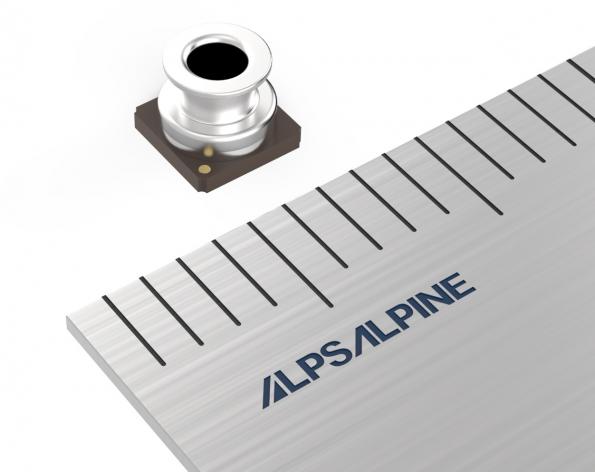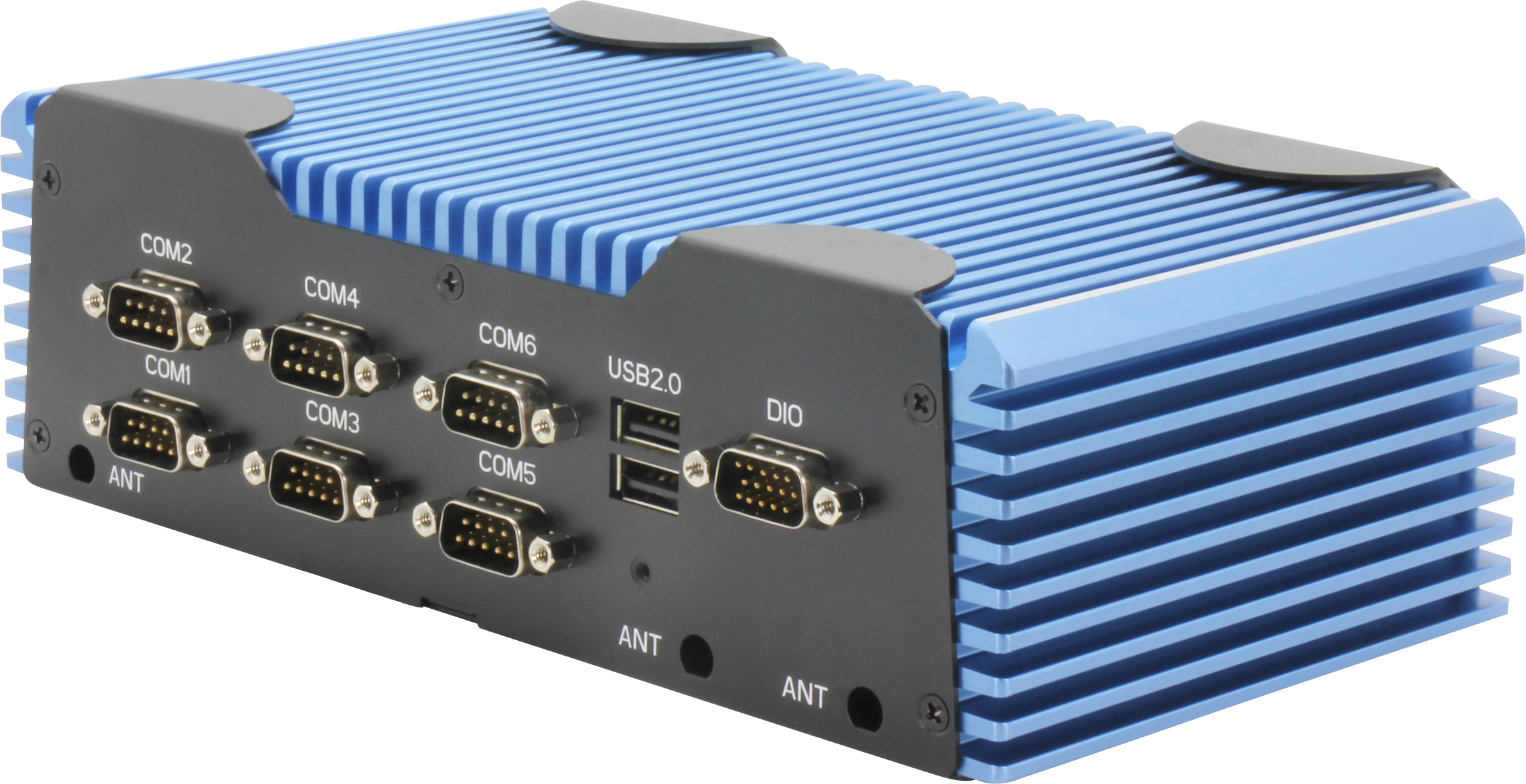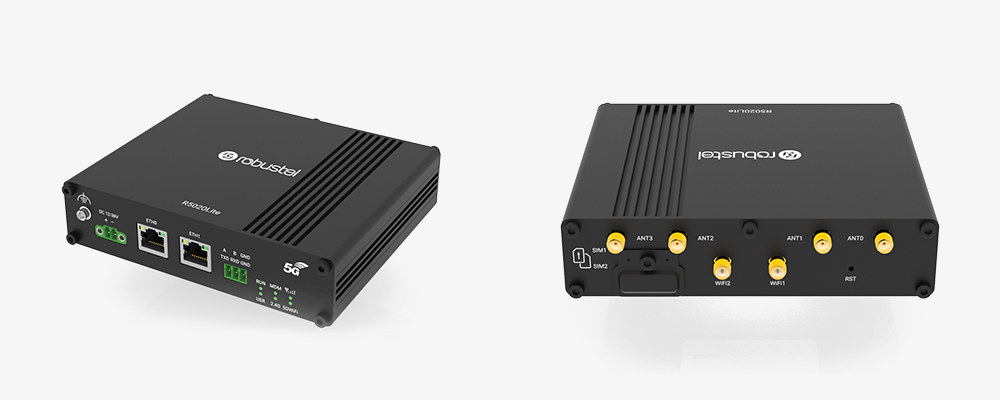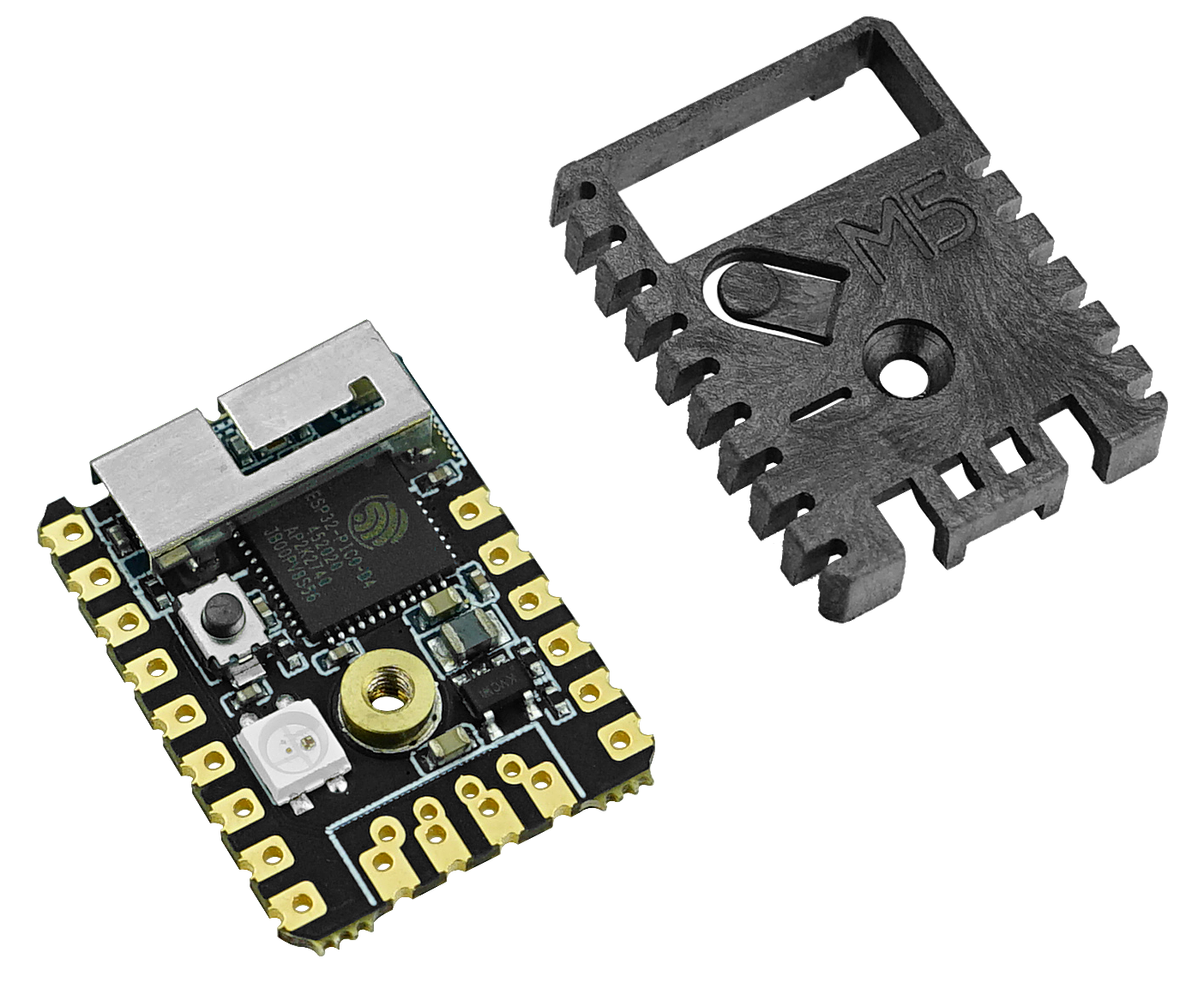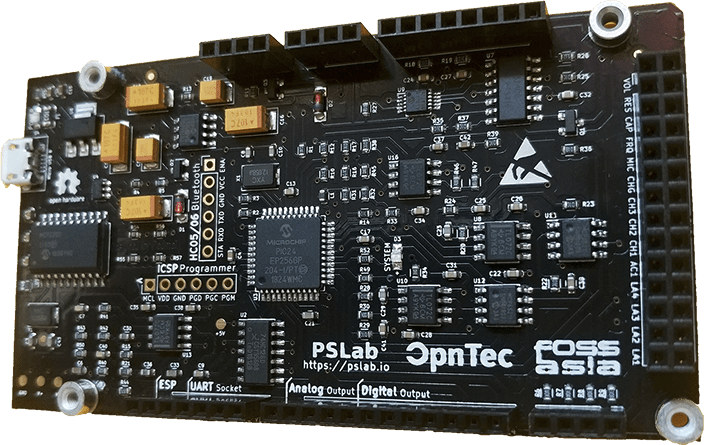
I remember many years ago, when I was trying to acquire data with hardware especially with “Data Acquisition” devices, I was gifted a device that I must say reshaped my life – It was the NI myDAQ. The NI myDAQ was a product from National Instrument, and it allowed students to perform hands-on experimentation in or outside the lab. It was like your personal lab arsenal in your pocket, and you could turn it to most instruments you can think off.
NI myDAQ impacted the STEM Education, but those are the days of NI myDAQ. A new entry to this arena is the PSLab also called Pocket Science Lab, which I am personally impressed about and the NI myDAQ is not really a competitor of it in terms of cost, features, openness, welcomes, and many more. PSLab is an complete open source platform for STEM Education.
Pocket Science Lab is a small open source device that provides an array of test and measurement instruments for doing science and engineering experiments by merely plugging it into a PC or an Android Phone via a USB port. The device can act as a voltmeter for measuring voltage, a personal oscilloscope, logic analyzer, a programmable voltage and current source, a lux meter, and even as a signal generator. Open Source Android or desktop apps can be used to view and collect the data. FOSSASIA and OpnTec develop PSLab in collaboration with a global community of Open Source developers.
Although, PSLab isn’t to replace professional equipment, it is more tailored for teaching STEM and still can be used by anyone from students, teachers, makers, scientists, to engineers.
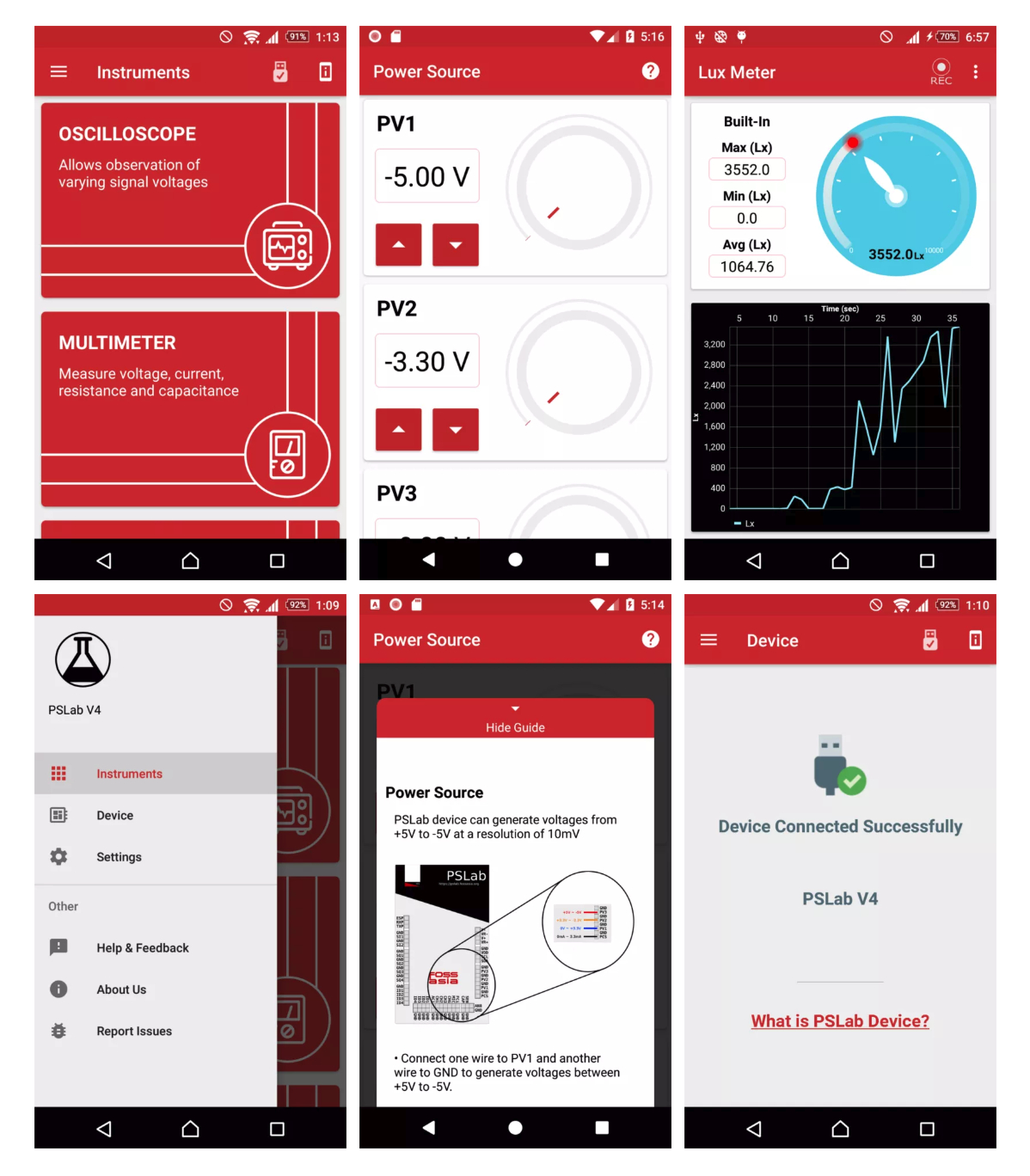
PSLab is not limited and can be further extended from the default features. It can be easily extended with various types of sensors and modules. You can directly connect an ESP8266 and turn the device to an IoT based Lab Kit or plug in hundreds of compatible I2C standard sensors to the PSLab pin slots, and they usually work without any need for extra programming. Moreover, the device is fully opensource. The Android app source code is available on Github, the Python desktop app source code, the schematics, PCB layout, and Gerber files are available on Github as well, the PIC24 MCU firmware in another repository in Github.
Below are the device specifications:
- MCU – Microchip PIC24EP256GP204 16-bit microcontroller @ up to 70 MHz with 32KB SRAM, 256KB flash
- Wireless Connectivity
- Footprint for ESP8266 module (ESP-12E) for 802.11 b/g/n WiFi (on bottom of board)
- Bluetooth extension slot
- 4-Channel, up to 2MSPS Oscilloscope
- 12-bit Voltmeter. Programmable gain. Input ranges from +/-10mV to +/-16V
- 3x 12-bit Programmable voltage sources: +/-3.3V,+/-5V,0-3V
- 12-bit Programmable current source. 0 – 3.3mA
- Supports Advanced Plugins/Add-on Modules
- 4-Channel, 4MHz, 15nS Logic Analyzer
- 2x sine/triangular wave generators. 5Hz to 5KHz. Manual amplitude control
- 4x PWM generators. 15nS resolution. Up to 8MHz
- Capacitance Measurement. pF to uF range
- 8x I2C, SPI, UART data buses for an accelerator, gyroscope, humidity sensor, etc.…
- ICSP Programmer – PICkit3 compatible programmer slot
- Dimensions – 101 x 53 x 13 mm
- Weight – 30 grams
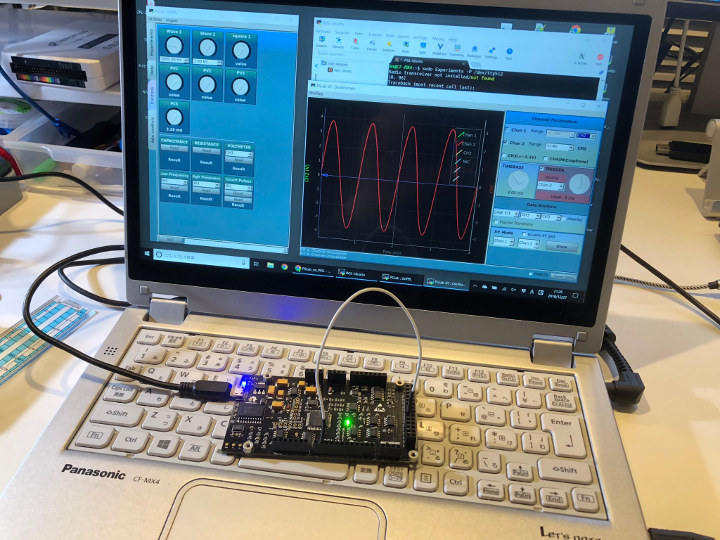
The vision of PSLab is to miniaturize laboratories and make scientific instruments accessible for everyone. The device is available for purchase from various vendors at about $64.90 on Seed Studio, EUR 59.00 on Pslab.io store, and some other stores. More information about the product is available on the product page.





